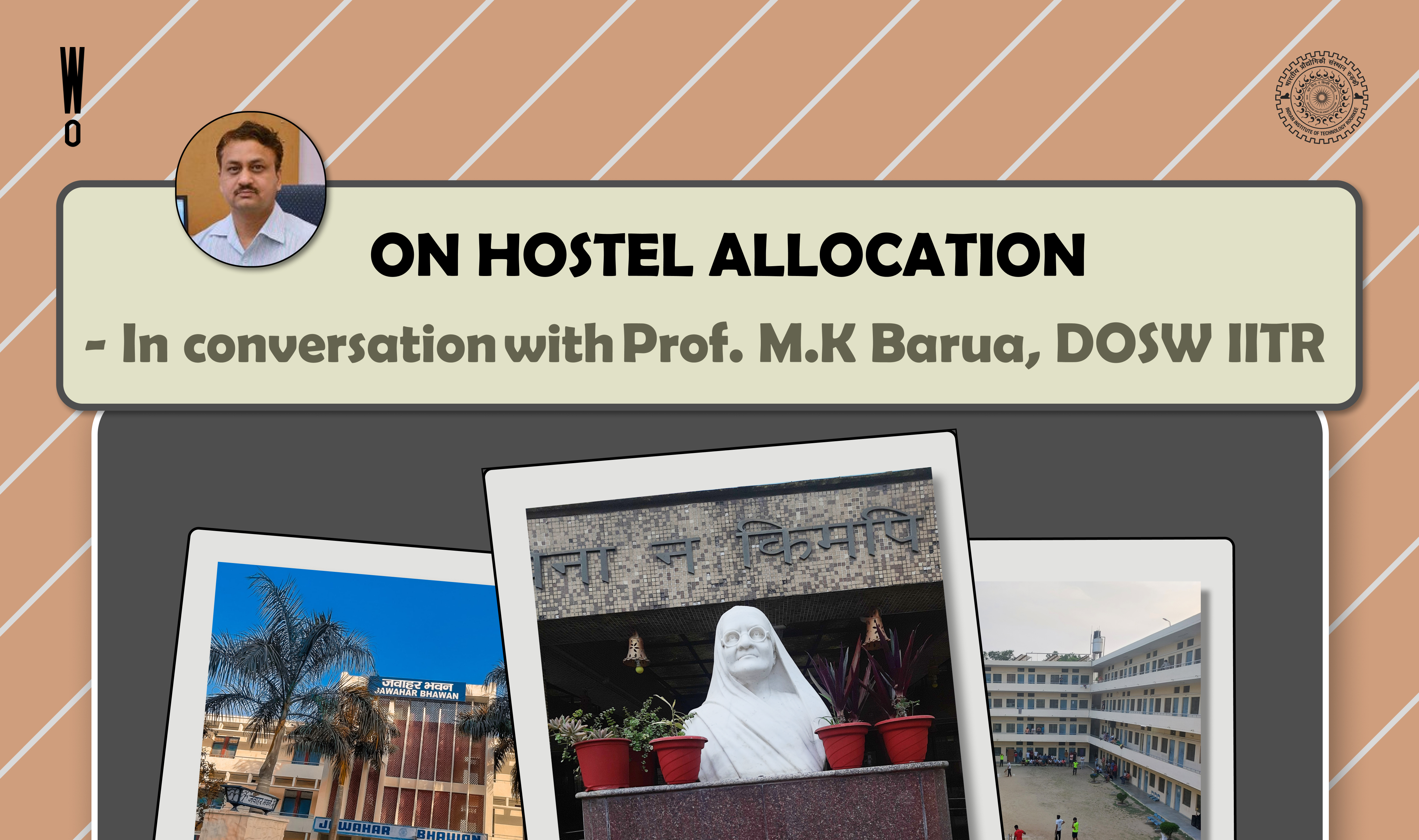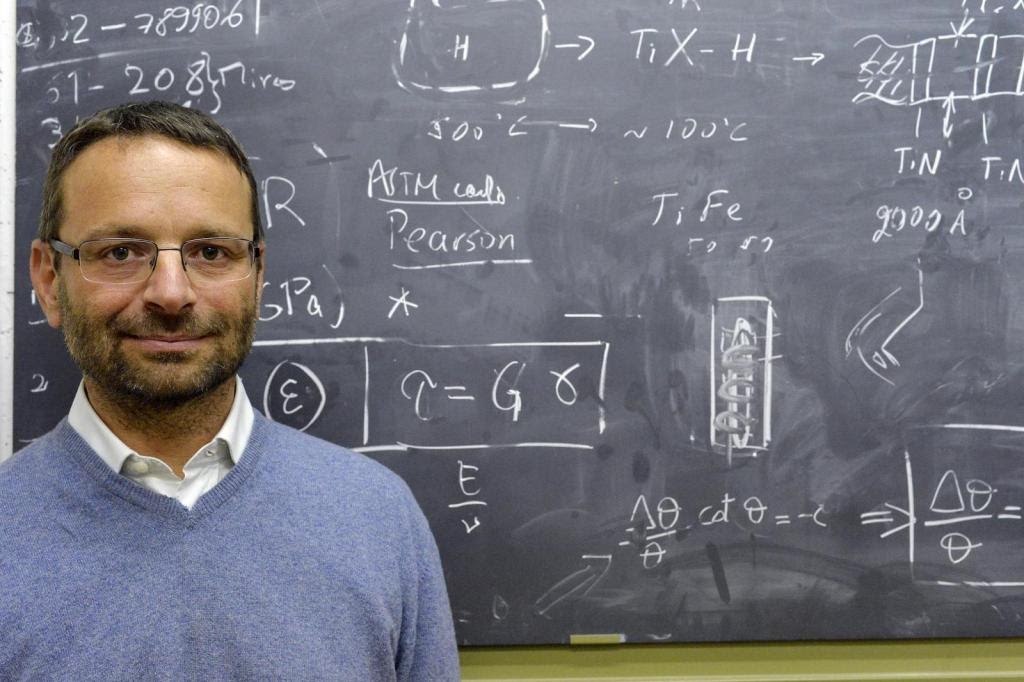

Body of IITR

Lorenzo Pavesi is Professor of Experimental Physics at the Department of Physics of the University of Trento (Italy). He received his PhD in Physics in 1990 at the Ecole Polytechnique Federale of Lausanne (Switzerland). He leads the Nanoscience Laboratory (25 people), and teaches several classes at the Department of Physics of the University of Trento. He founded the research activity in semiconductor optoelectronics at the University of Trento and started several laboratories of photonics, growth and advanced treatment of materials. He was the first president and founder of the IEEE Italian chapter on Nanotechnology. He has directed 37 PhD students and more than 30 Master thesis students. In silicon photonics, he is one of the worldwide recognized experts. He has organized several international conferences, workshops and schools and is a frequently invited speaker. He is an author or co-author of more than 500 papers, author of several reviews, editor of more than 15 books, author of 2 books and holds 7 patents. In 2001 he was awarded the title of Cavaliere by the Italian President for scientific merit. In 2010 and 2011 he was elected distinguished speaker of the IEEE- Photonics society. He is fellow of the IEEE, of SPIE and of the SIF. He holds an h-index of 58 according to Scopus and of 69 according to Google Scholar. He delivered an Institute Lecture at IITR on the 16th of December, and Watch Out! decided to interview him, to find out more about his undergraduate life, his research interets, and his scientific perspective.
WO : How was your undergraduate life? When did you start seeing research as a viable career option?
Dr.Pavesi: This is actually very interesting. Since the very start I was really very puzzled about what is actually happening in nature. So this was my interest, my main interest and then I decided to move because I had the motivation to try to contribute to the development of knowledge. So this was my motivation. But it was only at the start of my undergraduate studies that I decided to pursue physics. Initially, I was not willing to do so and was more interested in being an engineer because I am really interested ( from a personal point of view), in the applications of what you have studied. But I talked to a professor back home and he suggested that I take physics, and the reason why he did is that with engineers you do not exactly understand what the content of the formula is, why this formula has been formulated in this way or not. So you learn the formula, you learn how to apply the formula, and not the story behind the formulas. What he suggested was that I do two years in physics and then switch to engineering, but then I started with physics and I stayed in physics. When I was in the last year of my studies I was talking to another professor who was speaking to someone for a project to do a diploma, we have a Masters diploma at the end of our studies, which at that time was of a long period. It was for one year and he suggested that I do this one year period in Switzerland and so I moved to Switzerland and did my studies there. Once you go abroad, you go out of your comfort zone and then you start to be really challenged by what is happening around and so you stay. The reason why I stayed in research is because you never settle in your knowledge. All the days you have new challenges and so you’re always provoked by what is happening around you.
WO: So, because of your research you got the title of the Cavaliere for scientific merit. Could you shed some light on what led you to getting this award?
Dr. Pavesi: So I didn’t ask for it and it came as a surprise even for me. This was the President of the Italian Republic who was to award a few people for their merit. So you can get the award for work, research or because you serve the country in a specific way. Oh and he decided to give me that for scientific reasons because he was impressed by the scientific results we were achieving. So probably what happens is that there are some advisors of the President, scientific advisors that spotted me and they said,”Okay, so you have to give this scientific title to him.”
WO: That’s great, sir! You have also been the head of the physics department now for six years at the University of Trento and you’ve headed the nanotechnology lab for around two decades. So could you tell the students of IIT-R what are some of the research opportunities that are available at the University of Trento in the field of nanotechnology?
Dr. Pavesi: Okay. So once you finish your undergraduate studies, you have to opt for a PhD. Then Trento as an old Italian University has a year long course for PhD positions and so if you want to come to do a PhD in Trento you have to apply to this course. At my department, we have something like twenty positions per year on the PhD physics course, and essentially those positions are given on the basis of the curriculum and the colloquium of the students; so based on the merit. Among those twenty positions all are covered with a fellowship, which I think is in the order of twelve hundred Euros per month. So you know, twelve hundred Euros per month is not a huge amount in Italy. It means that you live, you live fine, but it’s not. They have an average salary in Italy I think of the order of six hundred Euros per month so you’re almost average salary. Anyway, out of those twenty positions, there are three that are free, meaning that the student can do whatever he wants and the others are linked to a specific subject. And so when one is applying, one has to has to look at the specific subject. If he/she is interested in that specific subject he can apply, and then if he is selected, he can start doing the PhD. So it’s really merit based.
WO: So do you also have a summer program for undergraduate studies?
Dr. Pavesi: No we do not have such summer programs.
WO: Sir in recent times the quantum computers that are being developed have a classical chip and a quantum chip so two separate environments that are connected together on the motherboard and then they are trying to make a quantum computer. Is silicon integration of classical and quantum components possible to such an extent where it can be brought down to a single chip where we can commercialize a quantum computer?
Dr. Pavesi: The approach would be hybrid integration and not monolithic integration. What I’m saying is that I’m very skeptical about the fact that everything could be done on a single chip. Their requirements are very different. And so most probably what is going to happen is that we are going to have two different chips or even two different systems that are going to communicate or will be integrated together instead of a single monolithic chip. What we are trying to use is the black box approach where you as a user will ask the black box to do any calculation. And then inside the computer, you have an architecture that is a software that decides which part goes to the quantum computer side or the classical computer side. So for the user, everything will be an absolute trust part so you do not care whether you use a quantum or a classical computer. And developing this kind of architecture is not easy you need to have software engineers, quantum engineers, electronic engineers, physicists, and mathematicians and they have to sit together and decide the architecture.
WO : As a final question, what is your advice for the undergraduate students of our campus who want to pursue research as a career option, in order to achieve the success that you have had in your particular field?
Dr. Pavesi : Work hard. So, firstly, be really competent in the field. If you really want to attain success, you need to have a strong background, a strong knowledge of your field. So this is your first important point.
Secondly, you should look at what others are doing and take on big challenges. In a way, if you want to make a big career, you need to face big challenges. That means, you shouldn’t be focussing on a very small project or very small things. Like nowadays, there’s not much sense in making a processor that is slightly better than the processors we already have. But there is a big sense to have a quantum computer that is not yet there or to make an artificial intelligence model that is not there. Like biotechnology, physics ungergraduates could use physics in order to tackle diseases. There is a discipline - the physics of cancer - where people are using physical methods in order to analyse what is behind cancer and try to face this disease and so on and so forth. The idea is really to have big ideas, so try to face big challenges, because that’s the only way to go on. In my career, when I started to do my independent research, people told me that silicon is only good for micro-electronics. I started to say no. Why is that? I started to work, trying to push silicon into photonics. Now Silicon Photonics is an actuality. A reality. What I’m doing now, i.e., my big challenge is to try to make a hybrid circuit between a silicon circuit and a live neuron circuit. So, a hybrid computer between a neural tissue and a photonic tissue. This is what I’m trying to do. .